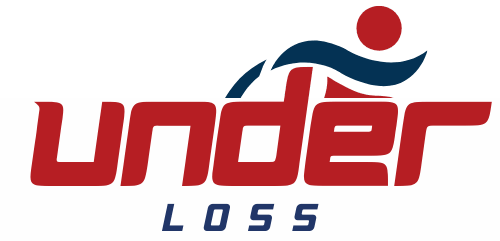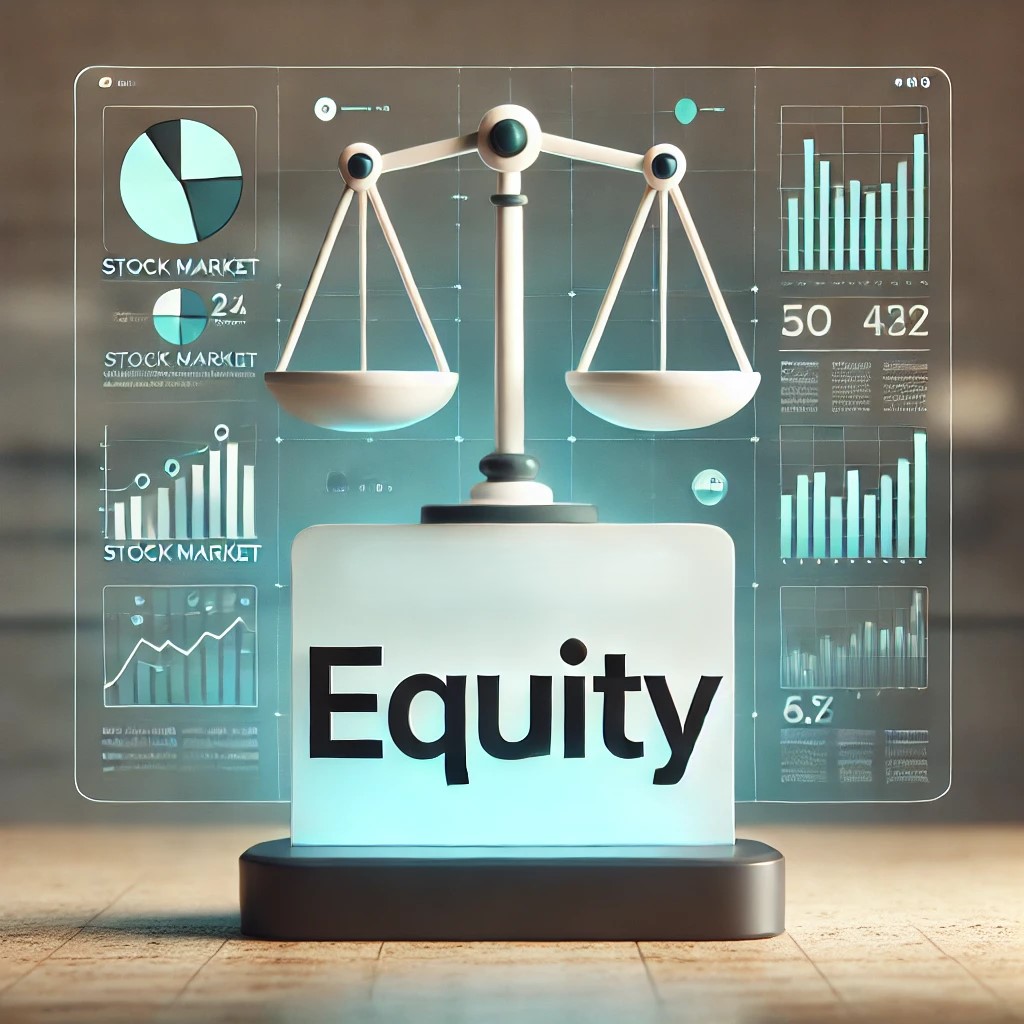Wondering what equities are? Equity approach: owning a chunk of something valuable, like an agency, a residence, or maybe an investment. Going by means of fairness’s definition, it’s far proudly owning part of a company through stocks. You could buy fairness shares to benefit ownership in organizations.
But, it is crucial to recognise that the market fee of your fairness can trade. as an example, if the enterprise in which you own shares starts making income, the fee of your shares may go up, boosting your equity price. If, for any purpose, the corporation reports a loss, the cost of your shares will go down.
Table of Contents
What is equity? Key Takeaways
- Possession Stake: fairness indicates ownership in a business enterprise through stocks.
- Proportional declare: Shareholders have a proportional declare at the employer’s assets and profits.
- Marketplace cost: In economic markets, equity displays the marketplace value of stocks, indicating the organisation’s overall really worth.
- Investor Participation: buyers interact with equity to percentage a commercial enterprise’s success, incomes income or bearing losses.
- Portfolio Diversification: equity plays a vital position in diversifying funding portfolios.
- lengthy-time period Wealth: it’s far a pathway to long-term wealth introduction for traders.
How Is fairness Calculated?
Fairness can be calculated the use of the following simple components:
Equity = total property – total Liabilities
This components represents the accounting equation, wherein a business enterprise’s fairness equals its total assets minus its liabilities. In other words, equity is what’s left of a corporation’s property once you subtract its liabilities.
For publicly traded businesses, equity can be calculated as:
Equity = range of brilliant shares * market fee consistent with proportion
This equation considers the entire high-quality shares and the cutting-edge market price according to proportion to decide the equity’s marketplace cost.
Components and how to Calculate Shareholders’ equity
Shareholders’ equity represents shareholders’ residual declare at the organisation’s belongings in the end money owed are settled. It suggests the internet property that would be to be had for distribution to shareholders if the employer were liquidated.
The method for calculating shareholders’ equity is pretty easy:
Shareholders’ fairness = overall belongings – overall Liabilities
Components of Shareholder equity
the important thing components of shareholder fairness are:
Proportion Capital: money raised by way of selling shares (not unusual/favored, with unique rights).
Retained profits: profits reinvested for boom, now not paid out as dividends.
Treasury stock: Repurchased shares, which reduces the entire wonderful shares.
Example of Shareholder fairness
Allow’s imagine a bustling dhaba known as “Masala Magic” at the outskirts of Agra to apprehend shareholder equity:
Stability Sheet (in lakhs):
| cash (masala inventory & utensils) | ₹ 5 |
| range & cooking equipment | ₹ 10 |
| Tables & chairs | ₹ 2 |
| overall assets | ₹ 17 |
Liabilities:
| mortgage for initial setup | ₹ 8 |
| dealer dues for spices | ₹ 1 |
| total liabilities | ₹ 9 |
Now, using the formula:
Shareholder fairness = overall property – overall Liabilities
Shareholder fairness = ₹17 – ₹nine
Shareholder fairness = ₹eight
In this example, the proprietors of Masala Magic (shareholders) declare ₹eight lakhs at the dhaba’s assets in any case money owed are paid. this means they own approximately forty seven% (fairness / total property) of the business.
Breakdown of additives:
Proportion Capital: let’s say the owners invested ₹four lakhs to installation the dhaba. This forms the proportion capital.
Retained earnings: over time, Masala Magic made a earnings of ₹four lakhs. They determined to maintain a number of this for destiny expansion (₹2 lakhs), which becomes retained profits. So, total retained profits are ₹2 lakhs.
Different forms of equity
Beyond organization stocks, numerous different styles of equity constitute ownership or declare to some thing treasured:
Real property equity: owning a residence, rental, or land gives you equity in that property. Its price can upward thrust or fall primarily based on marketplace conditions and renovations.
Non-public fairness: Investments in non-publicly traded groups. buyers grow to be partial owners with the ability for better returns or risks.
Highbrow belongings equity: owning patents, copyrights, or emblems gives you specific rights and ability royalties.
Sweat fairness: Contributing competencies, time, and effort toward a mission, regularly rewarded with an ownership stake.
Cryptocurrency equity: proudly owning virtual tokens in blockchain initiatives can constitute partial possession or vote casting rights within the gadget.
What is fairness in Finance?
Fairness in finance refers to ownership in a organization. once you subtract your money owed, the leftover interest is typically saved as stocks. equity presents a declare on property and earnings, allowing investors to share in a agency’s achievement and capacity profits.
Types of private equity Financing
The personal fairness landscape offers a ramification of financing alternatives that deal with the special desires of corporations at exclusive degrees of their growth journey. right here are some key forms of private equity financing:
Challenge Capital: helps high-boom startups, mainly in IT, healthcare, and purchaser sectors, that specialize in seed funding, series A & B rounds.
Angel buyers: rich people spend money on early-degree ventures, supplying capital, mentorship, and steering.
Boom fairness: Fuels mid-degree companies with set up song facts and verified business models, aiming to boost up boom through enlargement, acquisitions, or IPO training.
Personal Debt: offers bendy financing answers to mid-degree businesses, frequently with better hobby costs than conventional bank loans.
Buyout price range (Buyout & unique conditions): collect a controlling stake in mature, profitable groups, proceeding to improve operations and exit thru M&As or IPOs.
Distressed Debt (Buyout & special conditions): Invests in financially troubled corporations, either restructuring their debt or acquiring them at a reduction.
Special conditions (Buyout & unique situations): makes a speciality of unique opportunities in numerous sectors, which include turnarounds, infrastructure tasks, or real property investments.
Domestic equity
Home fairness is what’s left of a home owner’s property fee after subtracting the remaining debt. The simple formula is domestic fairness = total belongings fee – exceptional balance.
This degree displays possession, with higher domestic fairness which means a greater considerable stake within the assets. domestic fairness is crucial as collateral for loans, allowing owners to borrow against their assets’s value.
Equity vs. go back on fairness
Equity and return on equity (RoE) are related monetary terms but differ in meaning. fairness is the possession value in a company, reflecting the residual hobby after deducting liabilities. whilst fairness indicates possession, RoE identifies how efficiently a business enterprise generates profits with the fairness it has. In easy phrases, equity is ownership, and RoE exams how nicely a organization makes use of that possession to make earnings for shareholders.
What Are some different terms Used to explain fairness?
Phrases like ownership, inventory, shares, or stake in a organization also are used to explain fairness. it can also be referred to as net assets, residual hobby, or shareholder’s fairness. these phrases deliver the idea of getting a economic interest in a business and sharing its property and profits.
How do traders use fairness?
Investors use fairness by buying employer stocks, granting them possession and a earnings proportion. This brings the ability for capital growth and dividends. fairness also facilitates diversify portfolios and create long-time period wealth. It acts as collateral, allowing buyers to interact in financial markets and make strategic funding alternatives.
FAQs
What is an fairness fund?
Fairness finances are a popular investment option that permits you to collect all of your sources. these finances are placed into diverse shares, providing you with possession in distinctive corporations. fairness is a critical tool in order to join and benefit from the achievement of groups.
what is private equity?
Personal fairness way setting cash into organizations no longer yet traded on inventory exchanges. this can be startups, small corporations, or buying large companies and making them personal. buyers deliver their money to professionals who manage non-public fairness price range. these experts pick and spend money on promising organizations. So, personal equity is like a way for traders to help and maybe make cash from the increase of businesses that are not on the inventory marketplace but.
What’s logo fairness?
Brand equity is the extra fee a logo brings to a product, extending beyond the physical object to encompass client perceptions, loyalty, and trust. A sturdy emblem with effective institutions can price extra and turn out to be the preferred desire. It’s essentially the emblem’s popularity—whether or not humans accept as true with it, find it irresistible, and pick it over others.




